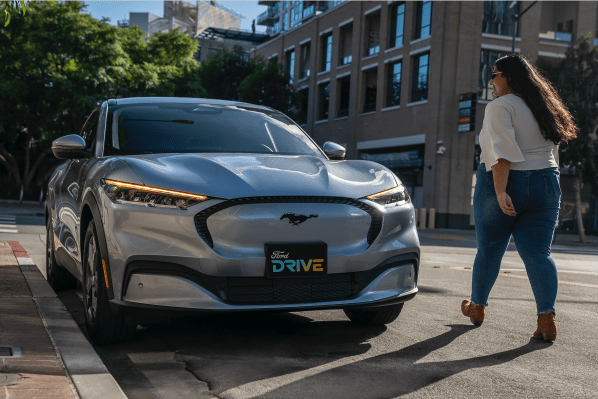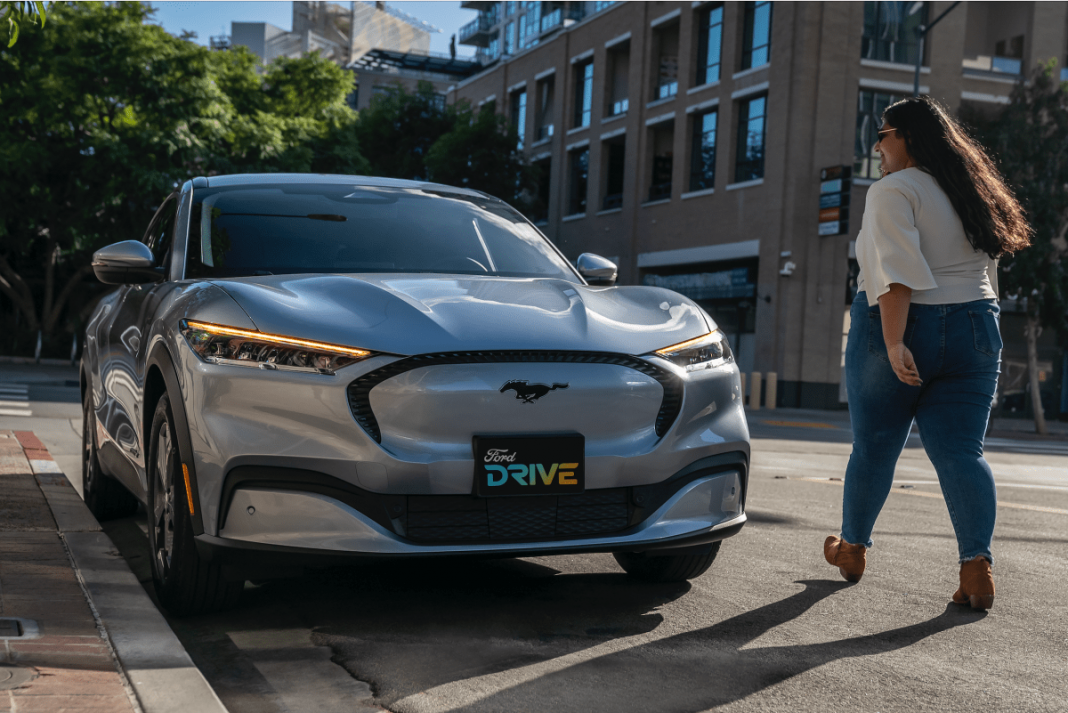
Ford may have paused its plans to build a $3.5 billion EV battery factory with CATL, but it hasn’t relieved pressure from Republican U.S. lawmakers who are investigating the automaker’s agreement with the Chinese company.
The probe, which was launched in July by two House committees, centers on Ford’s efforts to put CATL’s battery cell technology to use at its now paused battery cell plant in Marshall, Michigan.
Republican House of Representative members Mike Gallagher of Wisconsin, who chairs the China select committee, Jason Smith of Missouri, who chairs of the Ways and Means Committee and Cathy McMorris Rodgers of Washington, who chairs the Energy and Commerce Committee, sent a letter Wednesday to Ford asking for information related to its licensing agreement with Contemporary Amperex Technology Co.. or CATL.
The lawmakers threatened to haul Ford CEO Jim Farley in front of Congress via congressional subpoena if the company doesn’t comply by October 6.
“While we are encouraged to see Ford take a small first step in reevaluating its deal with CATL, we are concerned that Ford has not been fully transparent with our requests for documents and information,” according to the letter that was shared with .
A Ford spokesperson said the company has ” thoroughly responded to questions in multiple Congressional letters,” adding that “the answers have corrected misinformation about the Marshall project and detailed our efforts to strengthen domestic battery production, create U.S. jobs and help America compete and win on the global stage.”
This latest letter asks for a copy of Ford’s licensing agreement with CATL in both English and Chinese and any documents that disclose the company’s knowledge of CATL’s connections to CCP forced labor, human rights abuses as well as discussions with the Biden Administration.
This isn’t the first time the lawmakers have sought information related to Ford’s agreement with CATL. The House Committee on Ways and Mean made an initial inquiry into the deal in April. The committee along with the House Select
Committee on the Strategic Competition between the United States and Chinese Communist Party sent another letter in July asking Ford to hand over documentation. The letter raised concerns that U.S. jobs would be given to China and accused CATL of concealing its ownership stake in companies based in the Xinjiang Autonomous Region (Xinjiang) with alleged connections to forced labor.
The committees followed up with another request in early September.
Ford announced in February plans to build a $3.5 billion factory in Michigan that was supposed to make cheaper lithium iron phosphate batteries using tech from China’s CATL. The company paused those plans earlier this week in the midst of the United Autoworkers strike.
Under the arrangement that was announced in February 2023, Ford’s wholly owned subsidiary would manufacture the battery cells using LFP battery cell knowledge and services provided by CATL. It’s unclear if this is a temporary pause or if the project will be shelved altogether.
